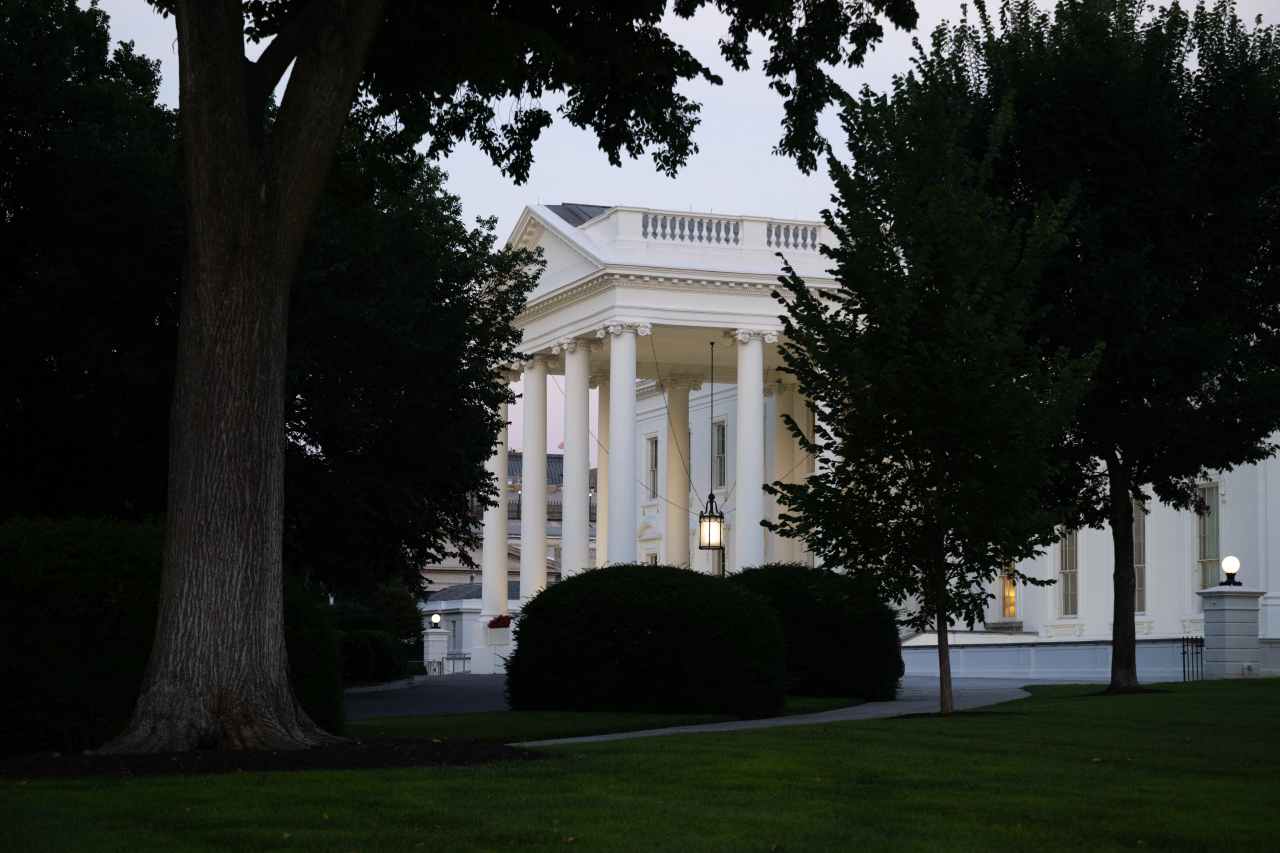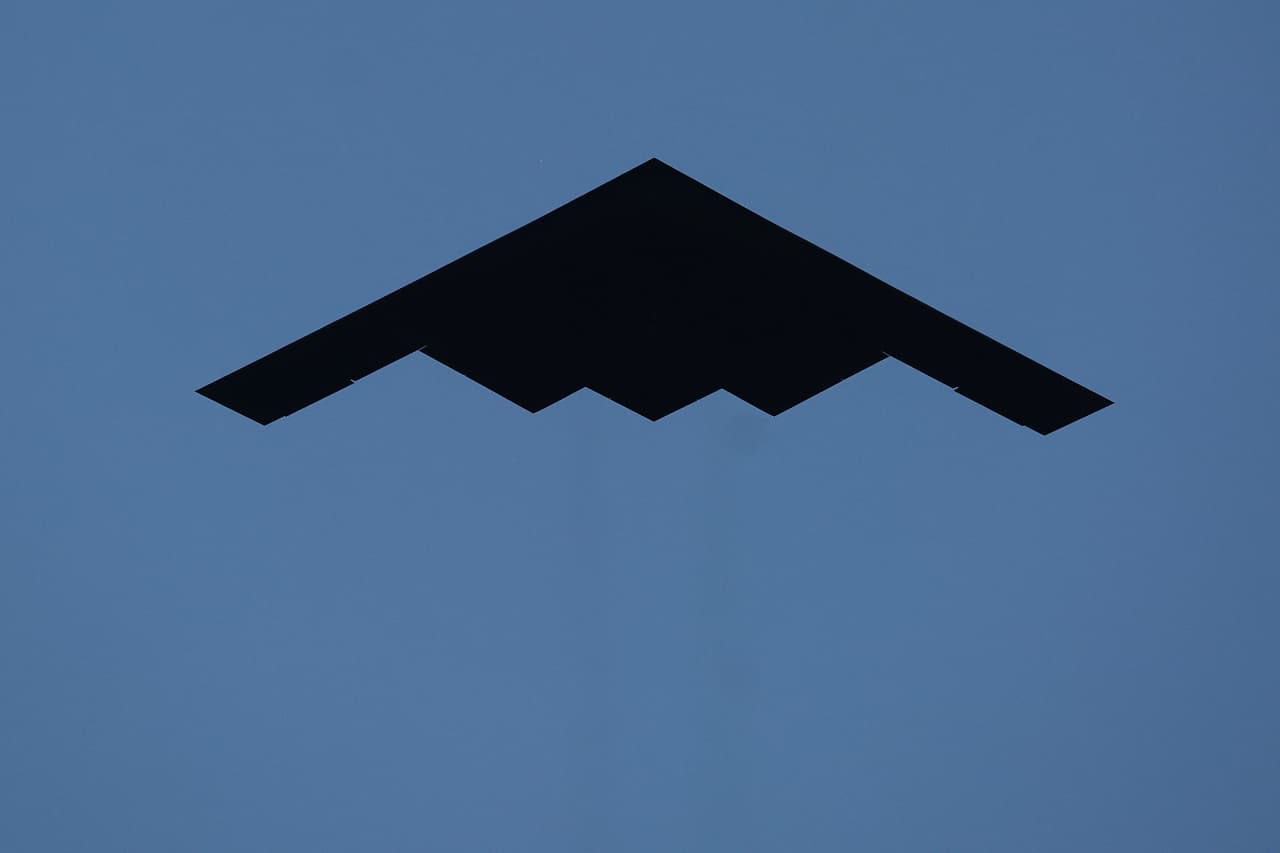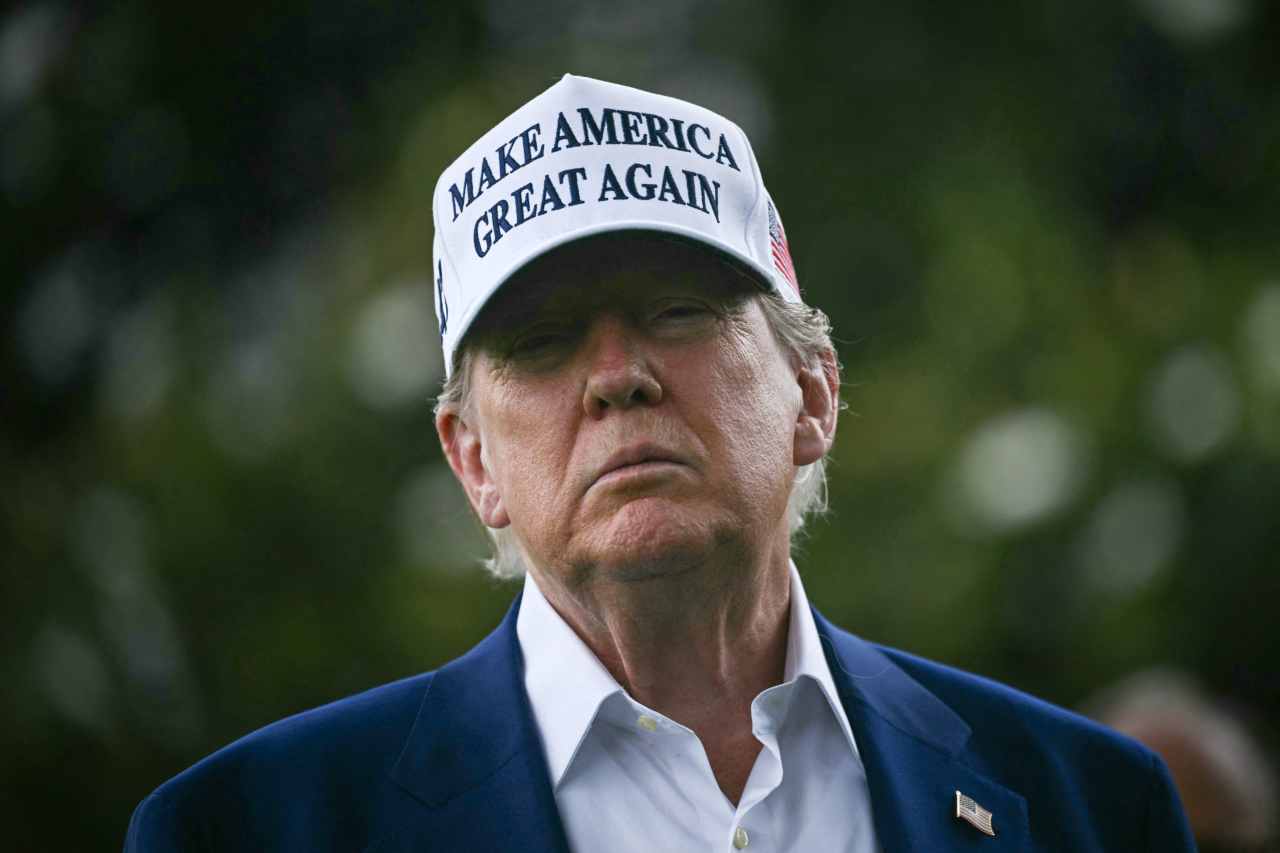Trump: Iran's Nuclear Sites 'Completely Destroyed' as U.S. Re-Enters Middle East Conflict
President Donald Trump took the U.S. into war with Iran on Saturday, raising the specter that the nation would return to the bloody Middle East entanglements of the early 2000s.
“A short time ago, the U.S. military carried out massive precision strikes on the three key nuclear facilities in the Iranian regime, Fordow, Natanz, and Esfahan,” Trump said in a 10 p.m. White House address. Fordow is buried deep underground, and Israel has said its operation could not be completed without destroying the facility
“Iran’s key nuclear enrichment facilities have been completely and totally obliterated,” Trump said.
The so-called bunker buster GBU-57 MOP, or massive ordnance penetrator, is believed to be the only weapon capable of destroying Fordow. U.S. B-2 stealth bombers dropped six of those bombs in the strike, while submarines fired 30 Tomahawk missiles, the president told Fox News.
“There will be either peace or there will be tragedy for Iran, far greater than we have witnessed over the last eight days,” Trump said. “Remember, there are many targets left.“

The attacks occurred while major markets are closed. Stocks have fallen and oil prices have risen lately as investors braced for the possible attack.
Markets are likely to experience a rapid flight to safety, Andrew Brenner, head of international fixed income at NatAlliance Securities, said. That would mean a drop in stock prices and bond yields. “We expect oil to spike tomorrow with a stronger dollar.”
That would reverse a recent trend where some global investors have sought safety outside of U.S. Treasuries. Global investors’ interest in alternative havens has pushed the price of gold to a record this month, while the yield on some Swiss bonds has gone negative.
Bitcoin was one of the few financial assets trading when the attack occurred. It was down 0.8% over the past 24 hours, according to CoinDesk data.
Trump had said Thursday he would decide on whether to join Israel’s attack within two weeks. On Saturday, he apparently judged that diplomacy had failed.
For a decade, Trump had portrayed himself as a peacemaker. One of his breakout political moments came during a Republican primary debate in 2015. Trump excoriated President George W. Bush for the Iraq war in front of the president’s younger brother Jeb. “Obviously, the war in Iraq was a big fat mistake,” Trump said.
“We should have never been in Iraq. We have destabilized the Middle East,” he said.
Trump has long insisted he was the only president never to take the U.S. to war. That claim always overlooked major U.S. military operations during his first term in Iraq, Syria, Afghanistan as well as smaller commitments in North Africa and elsewhere.
But with the attack on Iran, Trump puts himself squarely into a decadeslong line of U.S. presidents who have ordered the military into combat in the Middle East.
In doing so, he faces risks both abroad and at home.
Trump has said repeatedly that Iran cannot be allowed to possess a nuclear weapon. Independent assessments of the extent of the damage will be difficult in the wake of the attack.
Iran is undergoing a nationwide internet shutdown, according to NetBlocks, an internet-monitoring organization.

Much of what the outside world knows about Iran’s nuclear facilities comes from reports by the International Atomic Energy Agency’s inspectors. It is unlikely they will ever be allowed to return.
“The United States can destroy Iran’s infrastructure, but it cannot destroy Iranian knowledge,” wrote Kelsey Davenport, director for proliferation policy at the Arms Control Association, a nonproliferation advocacy group.
“These strikes may set Iran back, but it is also likely to incentivize Iran toward the bomb,” she added.
Iran’s missiles and drones have killed more than two dozen Israeli citizens. Now, facing a vastly more powerful military, Tehran’s theocratic regime is likely to turn to asymmetric tools of warfare to inflict pain on the U.S., hoping to punish Washington for its role and deter further involvement.
Should it retaliate with force, its first steps may be below the level of mining the Strait of Hormuz or attacking Saudi Arabia’s oil facilities. “Iran will try to take out Iraqi oil production,” said Matt Gertken, chief strategist at research firm BCA.
The U.S. and Iran may attempt further negotiations. But if those efforts fail, “there’s no holds barred,” Gertken said. The possibility of a spiraling Middle East war is likely to keep energy prices high and equity markets off-balance for some time.
In the U.S., Trump is likely to face questions from his political allies. Influential conservative broadcaster Tucker Carlson posted an interview on X on Wednesday in which he questioned the wisdom of attacking Iran. “I think that we should be very careful about entering into more foreign wars that don’t help us when our country is dying,” Carlson said.

Trump in an Oval Office press conference on Wednesday insisted his MAGA political movement would stay with him. “My supporters are for me. My supporters are America First,” Trump said. He said Friday Carlson had called and apologized to him.
The president needs political capital to continue advancing his agenda. Congressional Republicans are still divided over the tax package Trump campaigned on, and any erosion of his influence in the party could damage the bill’s prospects.
Trump also promised that cheap energy would help beat inflation. Oil prices have soared since Israel’s recent campaign against Iran. That comes as the Federal Reserve warns it won’t cut interest rates until it understands how Trump’s tariffs will affect prices. Russia’s invasion of Ukraine in 2022 also drove up energy prices, accelerating the inflation that ultimately forced Democrats out of office.
To be sure, Iran has long menaced Israel and the U.S., and its paramilitary proxies in Lebanon, Syria, and Iraq have killed thousands of civilians. Trump’s unwillingness to allow the regime a nuclear weapon is a goal shared by his fiercest political adversaries. If successful, eliminating Iran’s nuclear program would be a major step toward making the world a more peaceful place.
U.S. presidents have turned to air power repeatedly in the Middle East, only to find that bombs from above cannot achieve political goals.
Trump will face other difficult issues raised by the disastrous U.S. invasion of Iraq.
Among those are the famous Pottery Barn rule attributed to late Secretary of State Colin Powell: “You break it, you own it.”
Trump now owns the Iran war, whatever it costs.
Write to Matt Peterson at matt.peterson@dowjones.com
Post a Comment for "Trump: Iran's Nuclear Sites 'Completely Destroyed' as U.S. Re-Enters Middle East Conflict"
Post a Comment